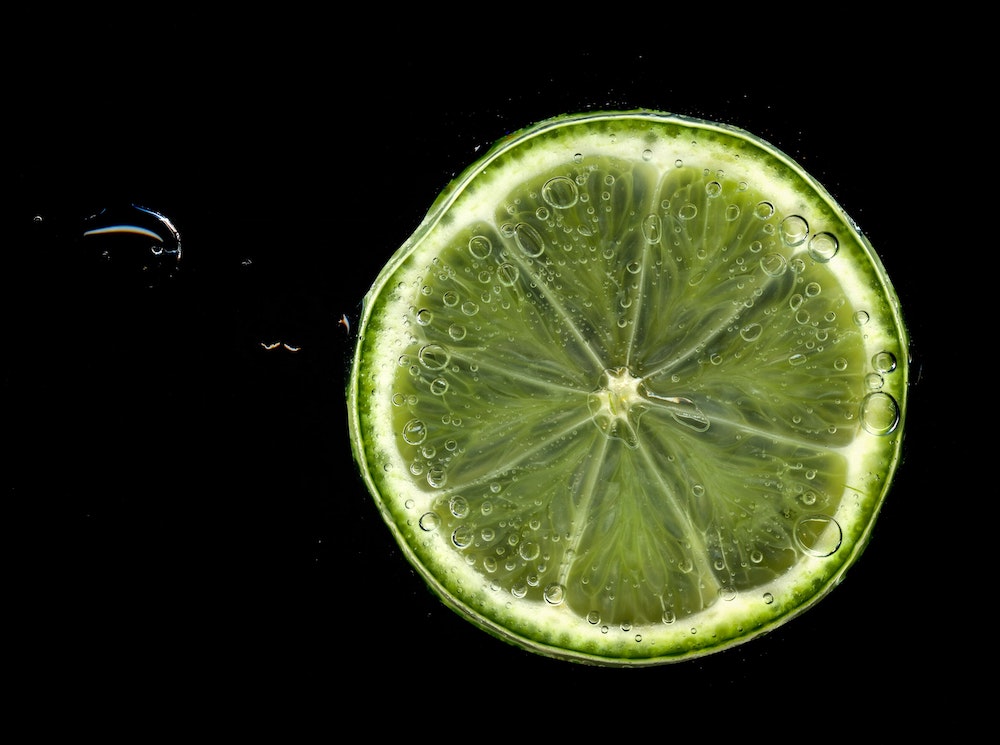The Advantages of Fulvic and Humic Acid

Fulvic and humic acid are minerals that have been gaining popularity in recent years for various reasons. This post will explore the advantages of fulvic and humic acid.
From improving soil health to enhancing water retention, fulvic and humic acids offer many benefits when deciding about your business or personal care products.
What are Fulvic and Humic Acid?
Fulvic and humic acids are organic molecules formed from the decomposition of plant and animal materials. Fulvic acid is found in nature primarily as a by-product of the wood and paper industries, while humic acid is mainly present in the soil. Fulvic and humic acids have several advantages for cosmetics and personal care products.
First, fulvic and humic acids are natural sources of antioxidants. These molecules help to protect the skin against damage caused by free radicals, which contribute to wrinkles, age spots, and other signs of skin aging. In addition, fulvic or humic acids can help improve skin appearance by acting as a moisturizer and reducing the appearance of cellulite.
Second, fulvic and humic acids are excellent formulation ingredients because they provide complex systems with multiple benefits. For example, fulvic or humic acid can help to stimulate collagen production, reducing the appearance of fine lines and wrinkles. Additionally, fulvic or humic acid can improve the texture and tone of skin cells by increasing moisture retention.
Third, Fulvic or Humic Acid offers significant environmental benefits over traditional cosmetic ingredients like oils or waxes. For example, fulvic acid is biodegradable, whereas conventional elements are not. In addition, Fulvic Acid does not create waste streams as perfumes do – it decomposes into harmless components that can be disposed of like regular garbage.
What Are the Advantages of Fulvic and Humic Acid?
Fulvic and humic acid are organic compounds in soil, groundwater, and plant life. These acids have a wide range of benefits for the environment and humans.
One of the main advantages of fulvic and humic acid is that they effectively clean up environmental messes. They can break down toxins and chemicals, making them less environmentally harmful. This also helps improve air quality since pollutants will be eliminated more quickly.
Additionally, fulvic and humic acid can help improve soil health. They promote the growth of beneficial bacteria and fungi, which can help improve soil fertility. This ultimately leads to better crops and a more sustainable agricultural system.
Finally, fulvic and humic acid also positively impact human health. They are rich in nutrients and antioxidants, which can protect the body from damage caused by disease or pollution. Additionally, they provide essential minerals like magnesium and potassium for overall health.
How to Use Fulvic and Humic Acid?
Fulvic and humic acid are two types of organic acids that have many benefits in garden care. A naturally occurring substance called fulvic acid can be found in groundwater and soil.
The decomposition of organic matter produces humic acid. Both fulvic and humic acid are beneficial for soil health, as they help to improve its texture, fertility, water retention, and drainage.
When used with other organic amendments such as compost or green manure, fulvic and humic acid can make a big difference in the quality of your plants' growth and overall health.
They also work to cleanse the soil of harmful toxins while promoting better root growth and nutrient uptake. Because they are natural products, fulvic and humic acid, they do not require any preservatives or additives, making them a preferred option for gardeners who want to take care of their plants without chemical interference.
What Are the Disadvantages of Fulvic and Humic Acid?
Fulvic and humic acid are natural substances found in the earth's soil. Fulvic acid is a type of organic matter that is soluble in water, while humic acid is an organic molecule that is not soluble in water. Fulvic and humic acid has been used for centuries as fertilizers because they can help improve the growth of plants.
However, there are some disadvantages to using fulvic and humic acid as fertilizers:
- Fulvic and humic acids can be harmful to people if they are inhaled or ingested.
- Fulvic and humic acids can damage plant roots if they are misapplied.
- Fulvic and humic acids can deplete the soil of nutrients over time if used too frequently or in high doses.
